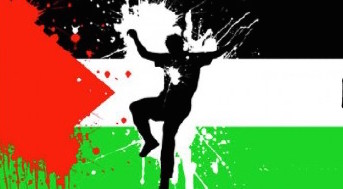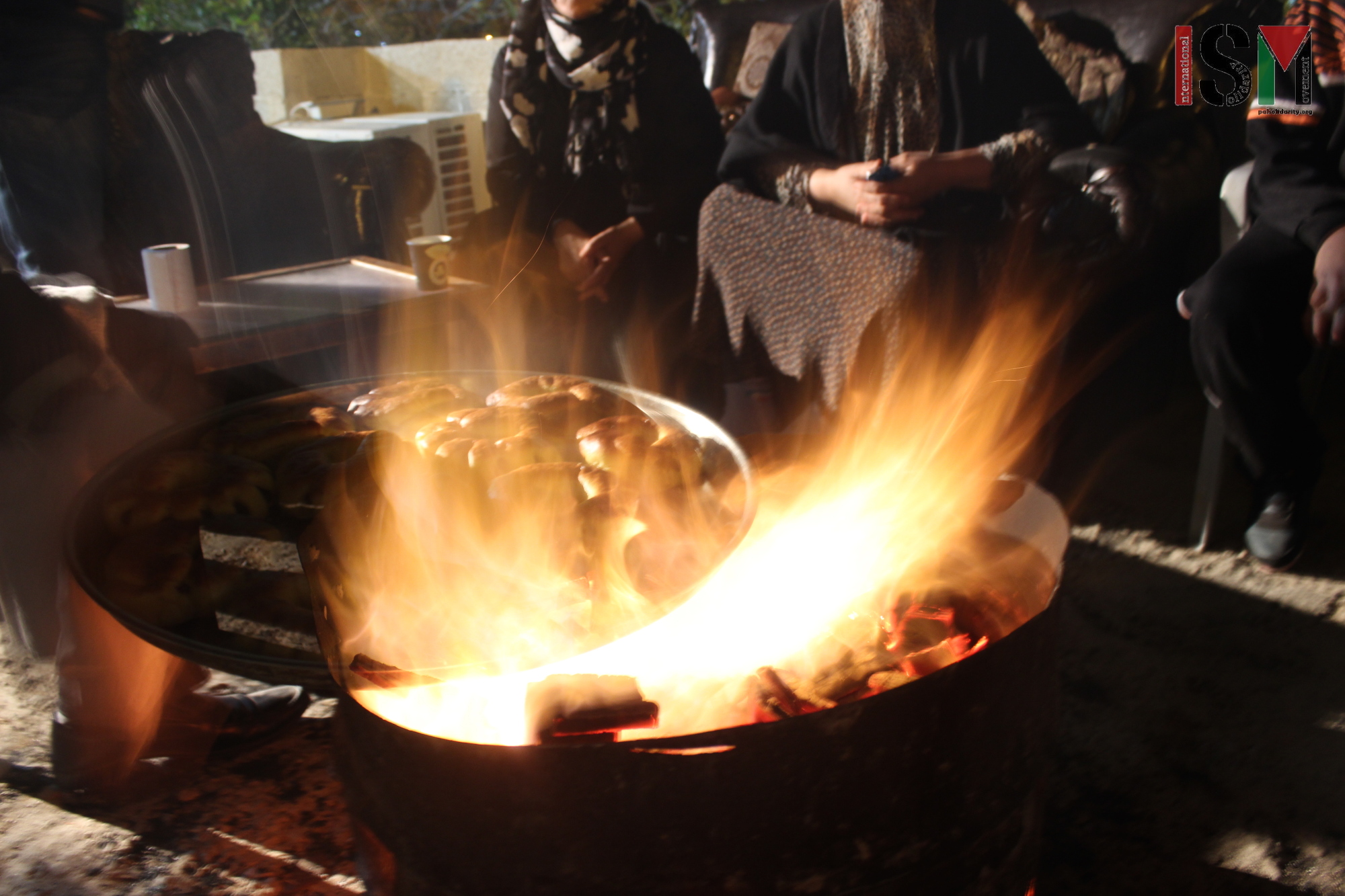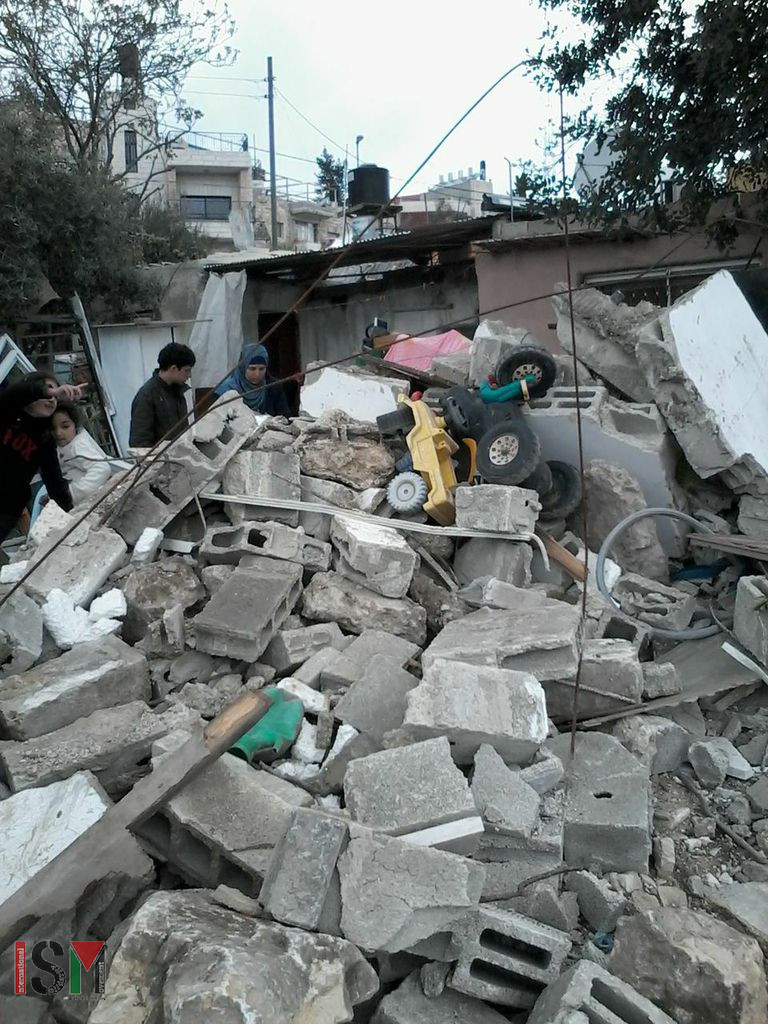Tag: Jerusalem
-
Organisers of Pilsen 2015, don’t host Days of Jerusalem festival
30th April 2015 | International Solidarity Movement – support group | Czech Republic Prominent figures of Czech political and public life call on the organizers of Pilsen 2015 to step down as hosts of the Days of Jerusalem festival. The Days of Jerusalem festival is taking place in the city of Pilsen as part of the European Capital…
-
Journal: House demolition in East Jerusalem
27th April 2015 | International Solidarity Movement, Team Al Khalil | East Jerusalem, Occupied Palestine This has been hard to write down. The three of us put off again and again the thoughts and fears of that day, to remember them and to finally write them down. We have been avoiding it, because it is easier to…
-
House-demolition scheduled for Wadi al-Joz – Families call for support
18th April 2015 | International Solidarity Movement, Team Al Khalil | East Jerusalem, Occupied Palestine The Amro and Tohta families in the occupied East Jerusalem Wadi al-Joz neighbourhood are calling for international presence on Sunday, April 19. The Tohta family received a demolition-order for their house and were warned that the demolition will take place on…



